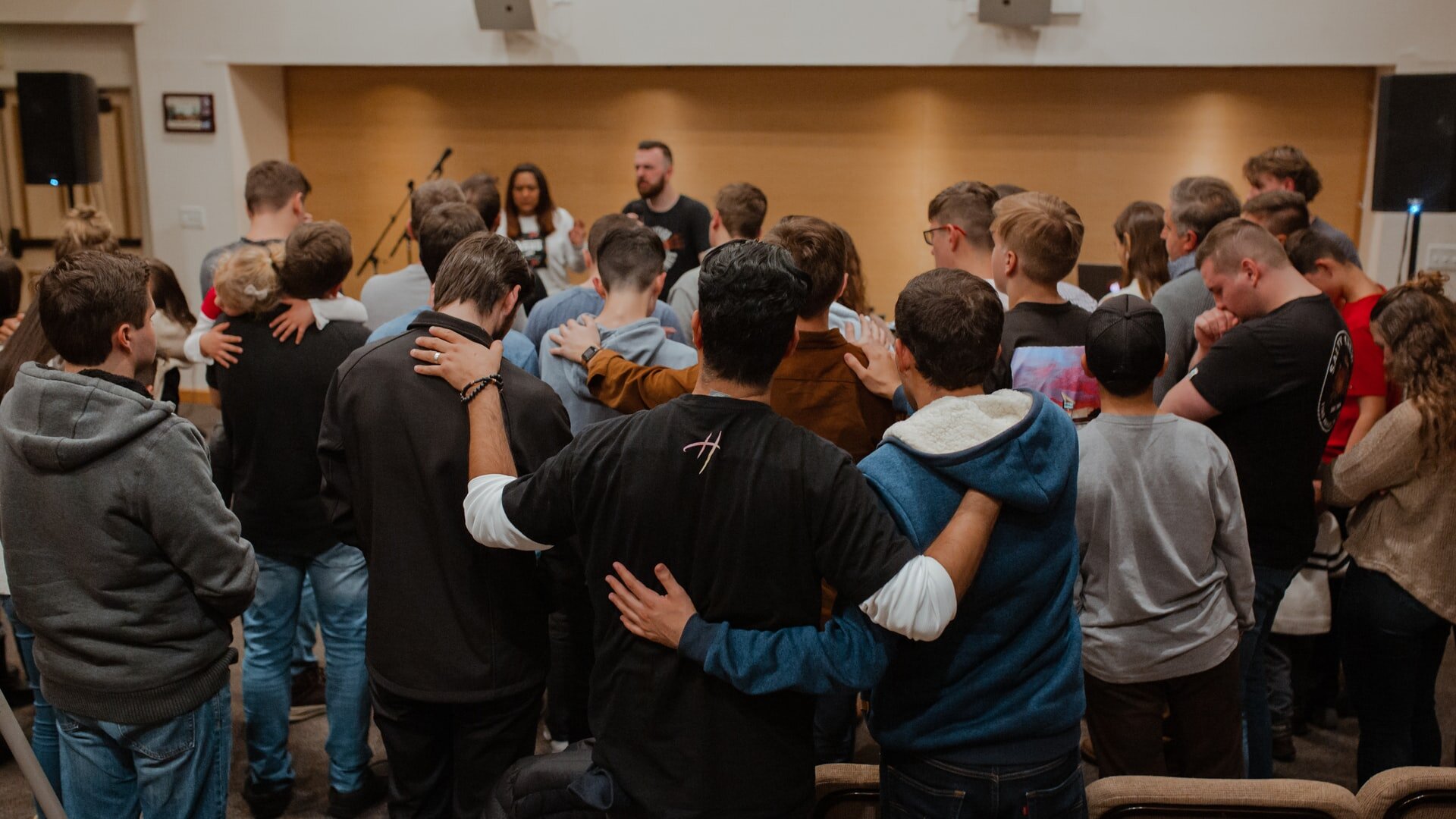It has been more than a year since my family has been to church, in person. My husband and I are still uncertain about how or when we will get our daughter back to church. We aren’t even sure when we ourselves will go back.
The factors influencing our decisions about returning to church services range from logistical issues to behavioral concerns involved with our daughter’s readjustment process. If I’m honest, we are also struggling with the transition emotionally. We’re experiencing disappointments and longings about how church was done with us before the pandemic and during the pandemic. Now we’re wondering about the prospects for what life and ministry will be like for us after the pandemic.
If you listen to disability ministry leaders, surveys and thought leaders these days, you will hear a resounding concern that families impacted by disability, mental health difficulties and other special needs will not be returning to “church as usual” any time soon. Many report they may not go back at all. It’s just so much easier to worship online from the couch, or not at all, than to muster up energy for navigating a difficult in-person experience.
There are also families who can’t get back soon enough. Just last week I heard one mom say that her son with autism is not attentive to screens at all. So, he would not participate with his family in online church during the pandemic. Before the interruption, her son was making slow but steady progress in tolerating hour-long church services. What will it take to help that young man get back on track so that his whole family can experience God in satisfying community?
I hope churches and pastors are asking what will happen to these families. God says special needs families matter to your community. Your church matters to them also. Have you assumed we will all just come back to church again and worship the way we did in February 2020?
Photo credit: Adrianna Geo on Unsplash.com.
I understand pastors and church leaders are overwhelmed. Families with special needs would do everything we could not to add to your burdens. If we could. But we’re aching for some blessings. And that aching started long before our vocabulary ever included “COVID-19.” And, in some ways, we aren’t asking for things as big or complicated as you think we are.
Here are three things your church can do to bless individuals and families impacted by disability in your congregation to navigate the transition process and feel restored to our church communities.
Ask, “What do you need from us in order to feel safe and comfortable returning to church?”
What are their hopes and dreams? What are the obstacles? Do their goals include attending worship services, being part of a small group, attending youth group or Sunday school? What else? In what ways or areas might they like to serve? Can church volunteers or the benevolent fund provide some help inside the home? Caregivers and care coordinators may appreciate help with brainstorming ideas. They will certainly be blessed to be asked the questions. Your engagement with them is tremendously validating, affirming and encouraging. Transitions may unfold in stages. You won’t always be able to offer all of the solutions, but you can offer a process and pray for God to produce progress.Cultivate person-centered transitions, not program-centered plans.
Ministry begins and ends with relationships. Individuals and families impacted by disabilities are blessed by your friendship and by a sense of belonging in your community. Learn what it’s like to live in their home and circumstances. What does parenting and caregiving look like in their world? Create safe space for them to process chronic grief. Reassure them that their presence with the church matters. Invite their prayer requests, with regularity.Identify supports through your church, and offer referral options for those you serve.
Nobody expects your church to meet every need. When a need for counseling exceeds a pastor’s expertise or availability, do you have a pool of outside resources where you feel confident giving a referral? Never before in history has there been such a robust network of faith-based special needs and mental health ministry resources available as there are right now. You can be developing a directory of resources, local and national, where families with special needs may be referred for all kinds of supports outside of what you can offer directly from within your community. Educate yourself and your leaders about the outstanding faith-based resources available to your church as well as to the individuals and families in your congregation.
The life of a special needs family can be messy. Jesus came to bring fullness amid trouble. Jesus showed the church how to be unintimidated by complicated lives. He tells us to go out and make disciples. He tells us to bring people in to the banquet table. The transition out of pandemic season presents opportunities for churches to minister among special needs families through the going out and the bringing back in.
Lisa Jamieson is a caregiver consultant, pastoral counsellor and author of popular books and Bible studies including Finding Glory in the Thorns and Jesus, Let’s Talk. Lisa and her husband, Larry, live in Minnesota with the youngest of their three grown daughters, Carly, who has Angelman Syndrome. Together, the Jamiesons founded Walk Right In Ministries in 2008, a non-profit organization building faith and community with special needs families.




